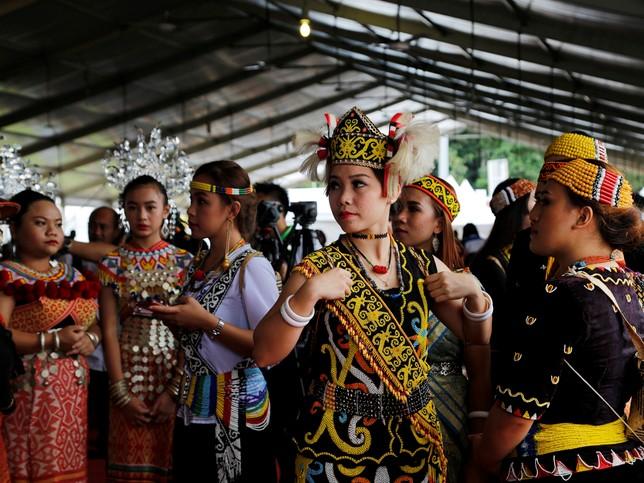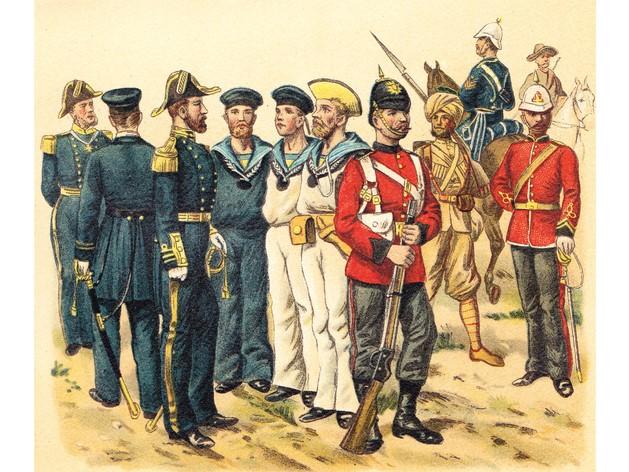
For the common good: why we need ecological universities
Higher education has become too aligned to specific economic interests and needs to be redirected to focus on regenerative values for the common good, argue Richard Hil, Kristen Lyons and Fern Thompsett
You may also like
Popular resources
The English philosopher and political activist Bertram Russell was a passionate advocate of what Professor Stuart Rees (many decades after Russell’s death) referred to as “intellectual promiscuity”. For Russell, education was and is more than the exploration of ideas or the pursuit of truth, both of which he lauded. Education at its best, Russell argued, is a process unencumbered by vested interests, and dedicated to advancing peace and the public good. Reflecting on the English education system in the mid-20th century, Russell came to the depressing conclusion that: “We are faced with the paradoxical fact that education has become one of the chief obstacles to intelligence and freedom of thought”.
Russell may well have applied this caustic observation to aspects of today’s education system, including the tertiary sector. When it comes to universities, he was both right and wrong. To be sure, these multifaceted, complex organisations are enmeshed in a system whose interests align closely with those of the neoliberal state. That said, critical scholarship and research, so vital to the public good and any thriving democracy, remain a tangible, albeit diminished, feature. The problem is that university scholarship is increasingly framed by agendas that are more suited to specific economic interests than the common good. Vocational preoccupations and commercialised research, driven by the imperative of the “market”, have had an important bearing on what occurs in these institutions which, over time, have come to resemble private firms rather than centres of public education.
- The sector’s role in addressing climate change is crucial – and varied
- Accelerating towards net zero emissions: how to mobilise your university on climate action
- We won’t get anywhere without placing the SDGs in local contexts
This transformation has been highlighted in a vast body of critical literature spanning the past 30 years. For critics of the current system, its most irksome features include top-down management, lack of democratic governance, the erosion of academic freedom, over-regulation, occupational inequities, and the instrumentalisation of knowledge. Countless books, articles and reports have been published, and conferences and seminars held, but to very little practical effect. National campaigns involving unions, academics and students have experienced similar outcomes. Much to the collective annoyance of the system’s critics, complaints directed at universities remain largely unacknowledged by governments and institutional leaders.
For advocates and activists agitating for change, the lack of response on the part of universities and policymakers has been frustrating and disappointing. Some have simply given up, believing that the forces ranged against them are too obdurate, too powerful. Most higher education institutions have pulled down the shutters, hiding behind often crude and misleading advertising campaigns which, despite a plethora of evidence to the contrary, continue to claim “excellence” and “high-quality education”.
Part of the problem for opponents of the current university system is that they have been long on criticism and short on practical alternatives. It is a familiar failing, with parallels in the global environmental justice movement. Not only has there been a failure to articulate a vision of what a more “progressive” university might look like, but there’s also confusion as to whether such changes should be incremental or wholesale.
That said, we may have reached an inflection point. It appears that the juggernaut of critique has begun to morph into a new vision for the future of universities. This is partly because of critique fatigue but also due to a growing sense that universities are becoming increasingly irrelevant to the global crises we now face. As we point out in our recent book, Transforming Universities in the Midst of Global Criss: A University for the Common Good, these institutions are too entangled in the current neoliberal system to posit a different approach to our current problems. Their continuing dalliance with mining, banking, finance and weapons industries are examples of this. Rather than being part of the global resistance to neoliberal capitalism, or offering a radically different vision of the future, universities appear stuck in a discredited ideological groove. They also seem reluctant to fully embrace regenerative ecological cultures necessary to combat the existential threat posed by environmental degradation. This is not to say that universities are oblivious to such matters. Far from it. Yet the core values underpinning the modern university, and its immersion in capitalist social and economic relations, render it largely incapable of catalysing the change required to steer societies in a different direction.
We surveyed a wide range of alternative higher education institutions and practices across the globe, with a focus on institutions that promote regenerative and relational values, as well as those focused on decolonisation. Examples explored in the book include the Ecoversities Alliance, a global network working to support a shift away from the pursuit of private interest and towards ecological integrity and the common good. Its ambitious but vital goal is to orient universities towards the “service of our diverse ecologies, cultures, economies, spiritualities and life within our planetary home”.
In relation to decolonising universities, the Dechinta Bush University in Canada’s Northwest Territories provides an exemplar, having embraced Indigenous land-based practices and values. In this context, Indigenous pedagogies and practices refuse the colonial enclosures of traditional campus-based institutions. There are countless other examples, in Australia and elsewhere, of Indigenous scholars, educators and activists leading decolonising, anti-racist and ecological governance agendas.
The institutions, networks and movements we explore set out organisational practices, pedagogies and research agendas that are based on more cooperative, justice-oriented and ecological orientations. Key to such operations is an ecological ethos that recognises the complex, adaptive and interconnected nature of planetary life, and the vital importance of human connection in creating regenerative cultures of coexistence.
Set against this backdrop, education is a means of enhancing human solidarities and creating ecological communities that work with, rather than against, nature. Many of the institutions we focus on prefigure communities that will need to find productive ways of living on a dangerously unstable planet, perhaps giving them a fighting chance of survival and a life worth living.
Richard Hil is an adjunct professor in the School of Health Sciences and Social Work at Griffith University and the Faculty of Business, Law and Arts at Southern Cross University; Kristen Lyons is professor of environment and development sociology at the University of Queensland; and Fern Thompsett is a PhD anthropology scholar at Columbia University. Together they co-authored the book Transforming Universities in the Midst of Global Crisis: A University for the Common Good, published in 2022 by Routledge.
If you found this interesting and want advice and insight from academics and university staff delivered direct to your inbox each week, sign up for the THE Campus newsletter.





Comments (0)
or in order to add a comment